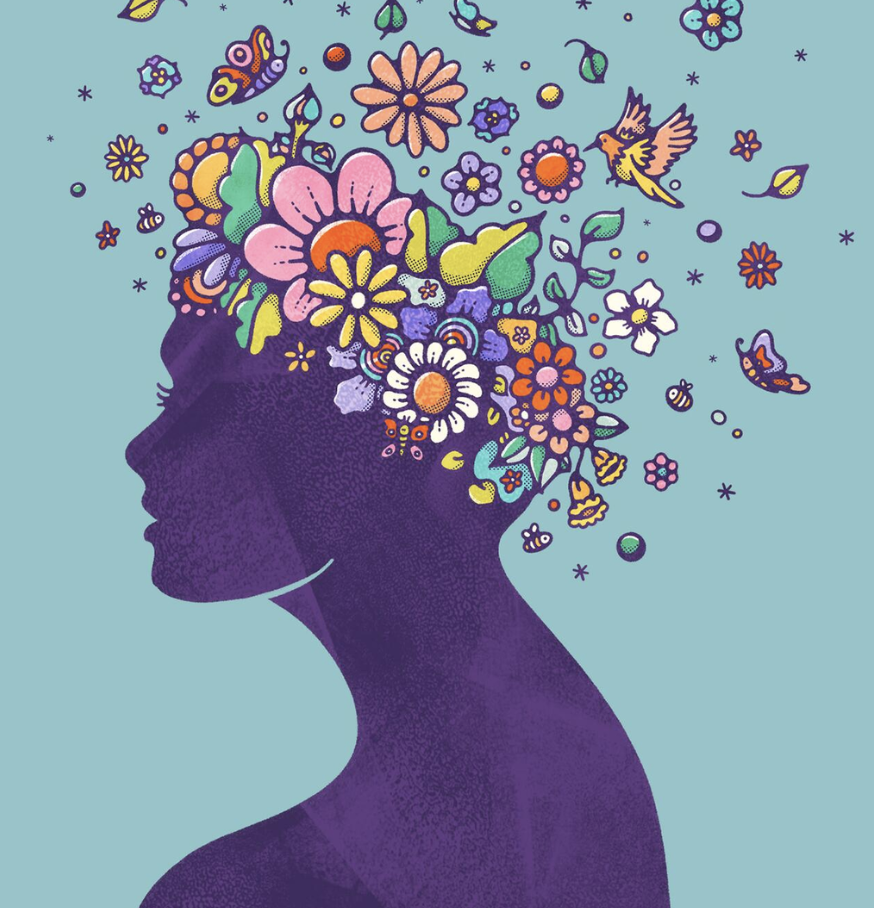World Mental Health Awareness Week: Why Mental Health Matters for Everyone
By Chloe Quach ’25, Staff Writer; Edited by Quinn Martindale ’27, Staff Editor

World Mental Health Awareness Week is a timely reminder that mental well-being is as essential as physical health. It is an opportunity for global mental health education, awareness, and advocacy against social stigma. Mental health professionals use the week to discuss and mobilize efforts to provide the necessary healthcare to all individuals.
According to the World Health Organization (WHO), 1 in 7 adolescents globally experience or have experienced mental health issues. These challenges may include depression, anxiety, paranoia, addictive behaviours, and eating disorders, among others. Many people, especially young students, may struggle in silence due to the fear of being judged or misunderstood by their peers. Creating a supportive environment for people to feel at ease when expressing their thoughts and feelings will allow them to open up and freely discuss without fear of judgment.
While World Mental Health Awareness Week may mark a week of importance to promote mental health discussions, the topic of mental health will always continue to exist past the date on the calendar. World Mental Health Awareness Week acts as a reminder to be more compassionate and understanding, offer support, reflect, and break down the stigma surrounding mental health. As a school community, we can:
- Be kind to ourselves: After a long day of class, activities, and studying, the least we can do for our bodies is take good care of them. Showering, exercising, eating regular meals, sleeping sufficiently, and stepping outside are simple goals to keep yourself on track.
- Take the initiative: The most powerful step to combating the stigma is talking openly about mental health, checking in with friends, seeking help, and doing small acts of kindness. A little goes a long way, and a listening ear or kind word can help someone feel supported and make their day.
If you’re looking for support, don’t hesitate to reach out to the school counsellors (e.g., Ms. Jodi Bradshaw) to book a counselling session, use online resources (e.g., Calm, Headspace), or local helplines (e.g., Kids Help Phone, National Institute of Mental Health).



